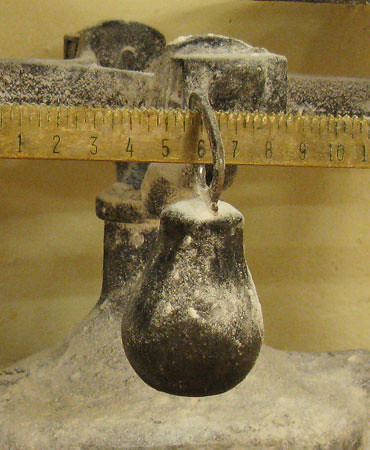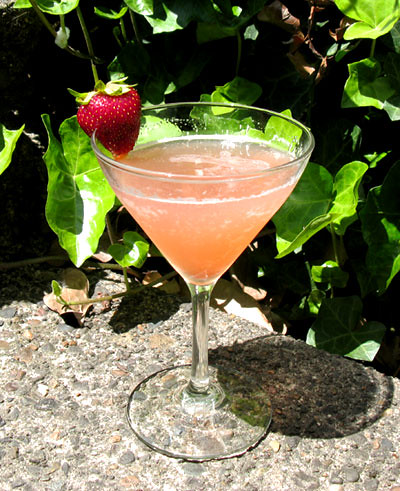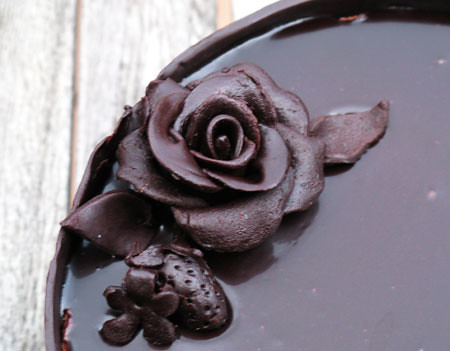 There is nothing I dread more in a recipe than the words "3/4 c. brown sugar, packed".
There is nothing I dread more in a recipe than the words "3/4 c. brown sugar, packed".Seriously.
I almost never baked growing up. I was notorious for being the one who screwed up the toll house cookie recipe. Oh, I could cook. There was no question how I felt about food. My nearest and dearest saw my chosen profession long before I quite my job and went into food service. But baking? Was I sure?
A scale changed my life. My world opened. I have not looked back.
You need a scale to bake. Especially if you bake regularly. Why? Well, I'm not going to rehash arguments made elsewhere. To sum up, scaling is easier. Scaling entices you to play with things. Scaling lets you see how it goes together, not just what. No, rather than go through all that, I'm going to make my own version of grapenuts-like cereal. Now, if I followed the recipe I found, I would have to dirty up a whole bunch of measuring utensils. Instead, I pulled out one bowl, preheated my oven to 350 and then dumped in my bowl:
470 g whole wheat flour
58 g barley flour
65 g buckwheat flour
220 g brown sugar
7 g salt
5 g baking soda
5 g cinnamon
10 g vanilla extract
475 g buttermilk
I love a tare button.
Ok, I would have dumped it in my one bowl if I wasn't dealing with recipe conversion and innovation. Since the recipe I had was not created for a kitchen with a scale, I was forced to convert. Forced to dirty many cups and various sized spoons, pack brown sugar. How hard are you supposed to pack it anyway? Why does my cup of flour weigh something different from that other person's cup of flour? Why has no one ever made a half tablespoon scoop a regular addition to those little spoon rings? I muttered darkly through this process, knowing I won't have to do it again.
And I had to deviate from the text. In the real trademarked cereal, the ingredients (a seriously short list) note both wheat and barley. All the internet recipes I found just had wheat. Wheat is nice, but barley adds sweetness and flavor and why not add it? I had the buckwheat, so, why not add it as well? Those weird numbers are actually a half a cup each, the way I measured them. So inconsistent! But I know that since I scaled them, next time it will work out the same as this time.
I mixed it all together and spread it on a silpat, but I'm sure parchment paper and a little pan spray would work fine. I baked it on a sheet pan for about 20 minutes. I let it cool, then raked it into pieces with a fork and my hands because who needs a food processor anyway. Then it got the granola treatment- I divided the crumbs from one pan into two pans, to give them space to brown and get crunchy. Baked for an hour at 300, with lots of stirring (which I continued to do with the fork to help further break up the clumps), they smelled like cinnamon rolls and looked like, well, breakfast cereal. They cooled into the dense crunchy clumps that I adore with my yogurt only better.
And next time? I'll only need to wash one bowl.


